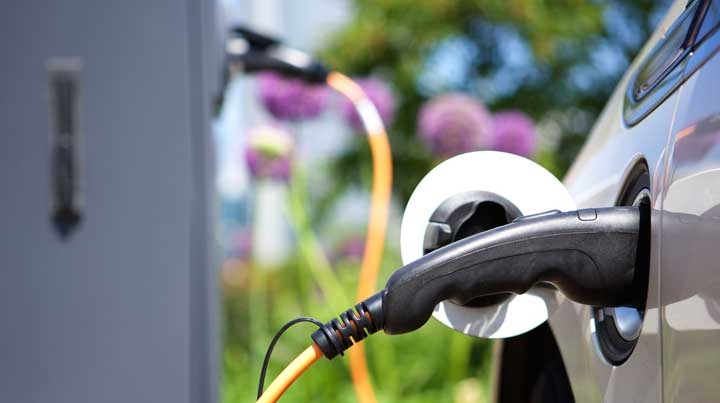
U.S. scientists want to make electric vehicles a reality in just a few years. Scientists hope to make electric vehicles as convenient and affordable as gasoline-powered vehicles on the streets of the United States.
In order to make this a reality scientists are working as part of a multidisciplinary Battery500 Consortium, headed by DOE's Pacific Northwest National Laboratory (PNNL). The team aim to develop batteries that have the potential to hold 500 watt-hours of energy per kilogram. This is in comparison to today's typical electric vehicle batteries that can contain up to 170-200 watt-hours of energy per kilogram. Also, they plan to makeat batteries that cost less than $100 per kilowatt-hour for a pack.
Our goal is to extract every available drop of energy from battery materials, while also producing a high-performance battery that is reliable, safe, and less expensive. Through our multi-institutional partnership, which includes some of the world's most innovative energy storage leaders, the Battery500 consortium will examine the best options to create the most powerful next-generation lithium batteries for electric cars.
Jun Liu - Director, Battery500 Consortium
The scientists plan to use lithium metal as the negative electrode which they will pair with positive sulphur electrodes, creating cells with new electrochemistries and architectures. Their new batteries will be designed in such a way that unwanted side reactions are reduced which will result in a significant improvement in battery performance.
A large part of the research will focus on determining characteristics of the sulfur cathodes and composite solid electrolytes they plan to use using intense x-rays beams at the National Synchrotron Light Source II (NSLS-II). Other techniques such as high-resolution transmission electron microscopy and mass-spectroscopy will also form a critical part of the research
We are very proud to be a part of this consortium. The characterization and diagnostic techniques developed at NSLS-II and CFN offer great advantages for studying these materials. By working closely with other members of this consortium team, we are confident that we will make great contributions to the overall project goals.
Xiao-Qing Yang - Brookhaven Principal Investigator
Members of the Battery500 Consortium include:
- Pacific Northwest National Laboratory
- Brookhaven National Laboratory
- Idaho National Laboratory
- SLAC National Accelerator Laboratory
- Binghamton University (State University of New York)
- Stanford University
- University of California, San Diego
- University of Texas at Austin
- University of Washington
- IBM (advisory board member)
- Tesla Motors, Inc. (advisory board member)
Although the primary goal of the project is to make affordable, effective batteries for electric vehicles, Liu wishes the consortium's work to also contribute towards improving stationary grid energy storage.